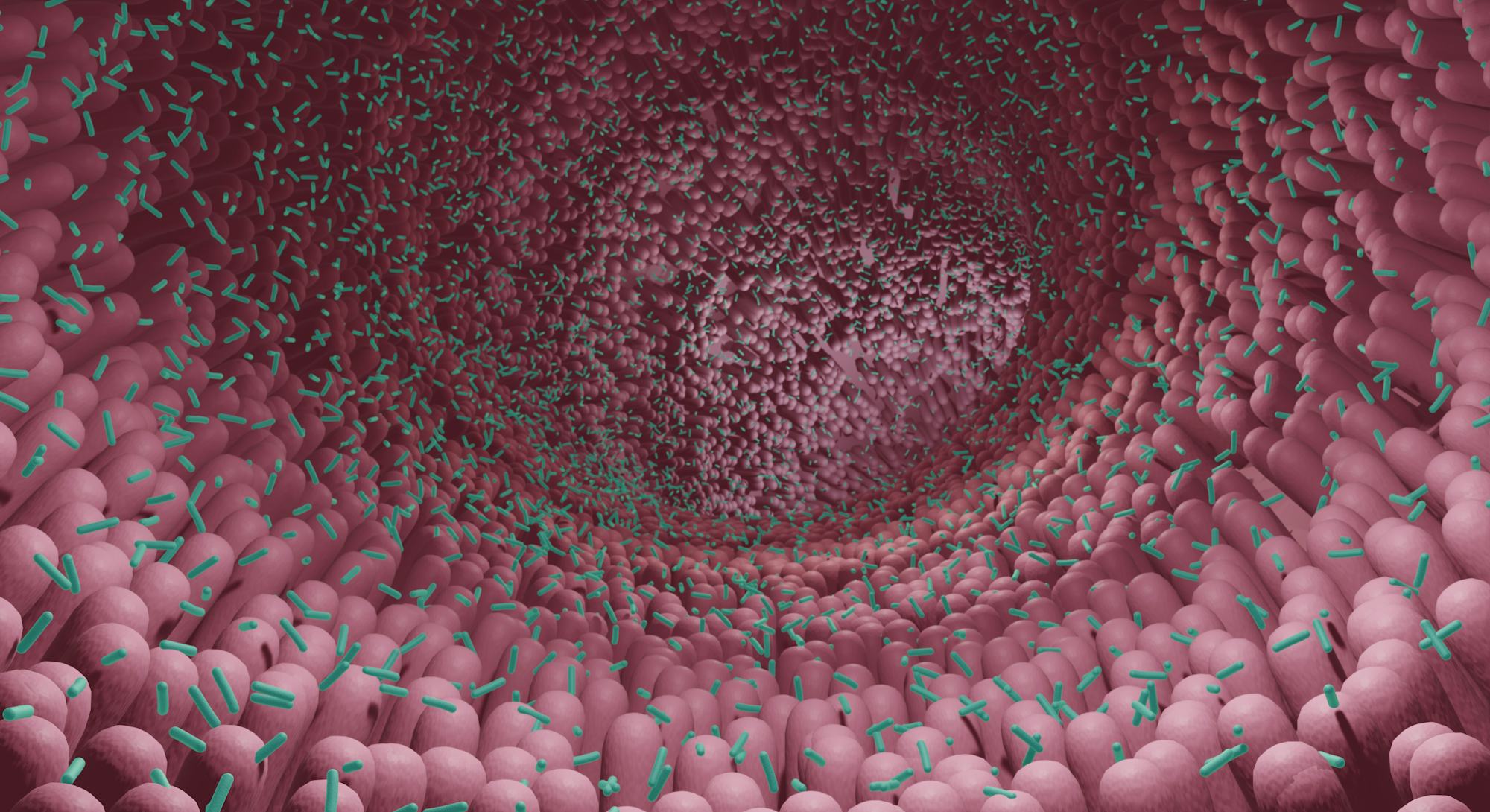Prolonged Sadness
Feeling down every now and again is normal. Everyone has bad days and there are always going to be some rough patches throughout life. Yet, if an individual has felt disengaged for an extended period with no true reason for feeling this way, they may have something more serious they should be treated for. If at any point individuals feel their feelings are overtaking their life and are more than they can handle, they should seek out help right away and take control.
Extreme Highs And Lows
If frequent mood changes could be a serious sign an individual has a mental health condition. Someone's emotions are likely to change throughout the day, but if an individual finds themselves bringing these emotions to the extreme and doing so quite frequently, they may be dealing with a mental health disorder like bipolar disorder. With this condtion, patients may sometimes feel over-excited about things and lose sleep due to it, acting impulsively, and experiencing racing thoughts. Other times, getting out of bed may seem like an impossibility. There are medication and lifestyle tactics patients can implement to help cope with this disorder.
Social Withdrawal
Social activity is important and keeps the mind stimulated and engaged on a regular basis. When individuals find themselves feeling down more regularly, it is often easy to withdraw from others and avoid going out at all possible costs. In doing this, individuals are enabling themselves to shut down and sink deeper into their feelings of depression and loneliness. Patients experiencing this, beyond seeking professional assistance, should often try to set small goals to lessen their isolation. These small goals include making a phone call or going on a short walk with a friend. Any little bit helps.
TO READ MORE ABOUT YOUR MENTAL HEALTH, CLICK HERE...



